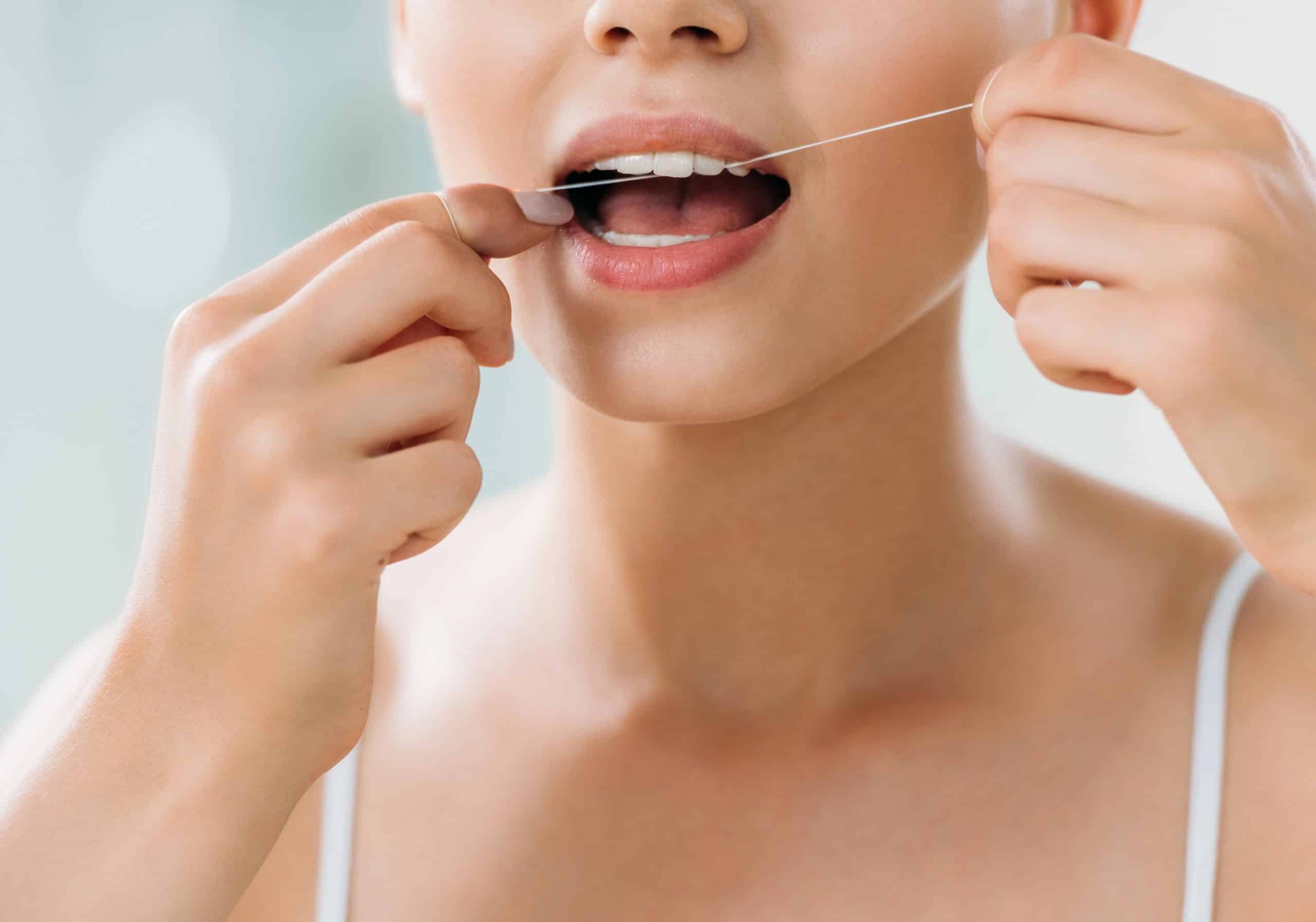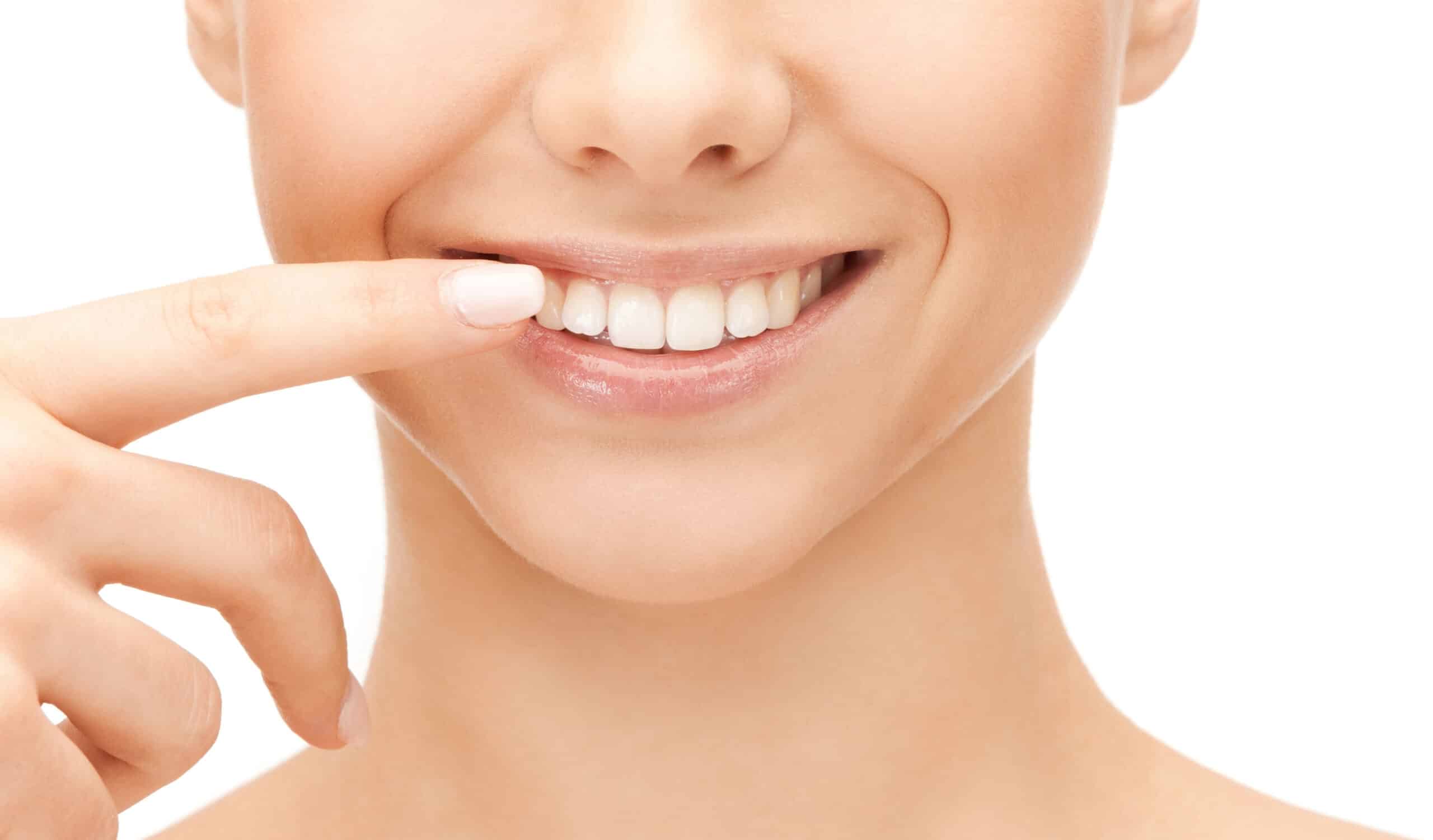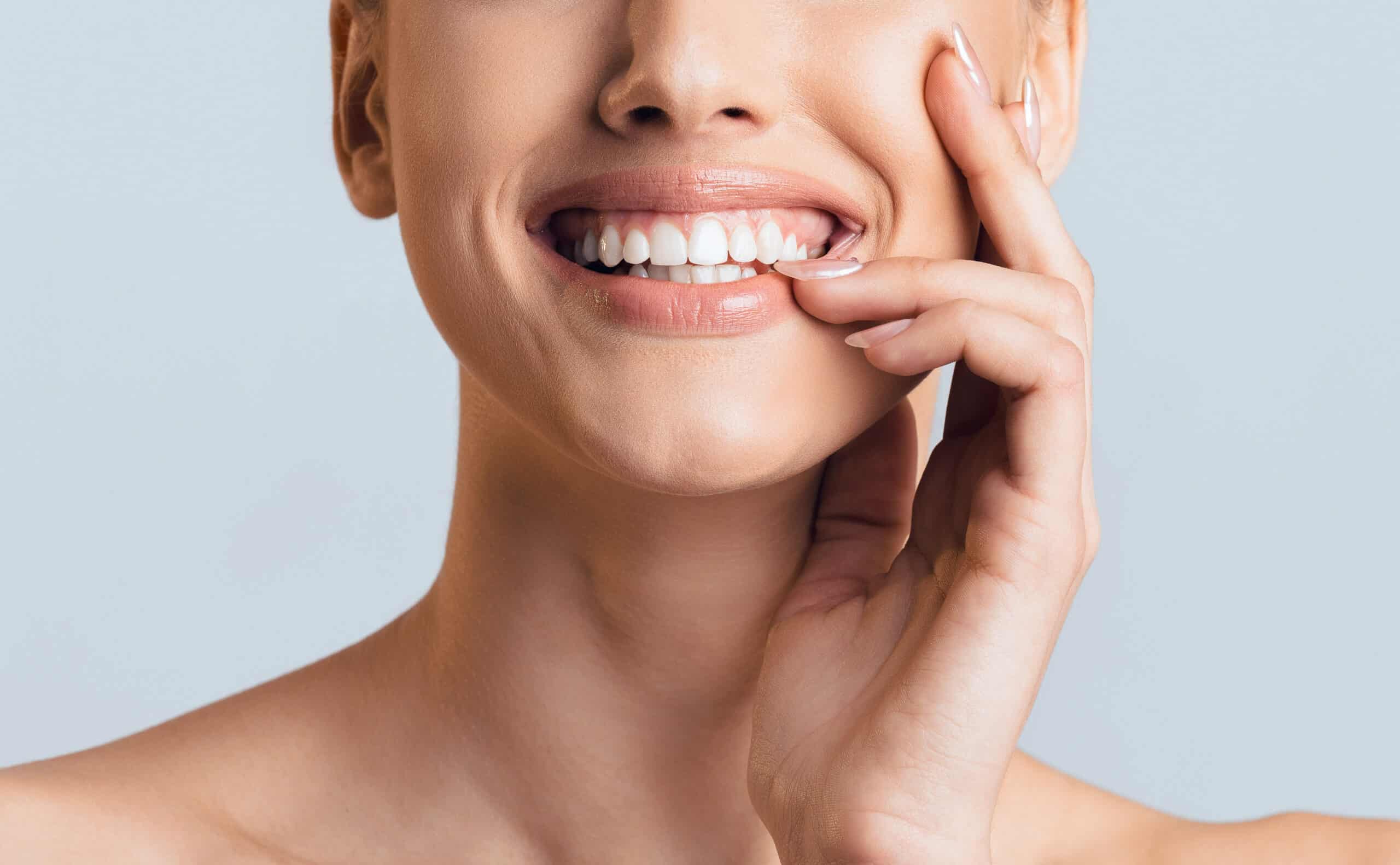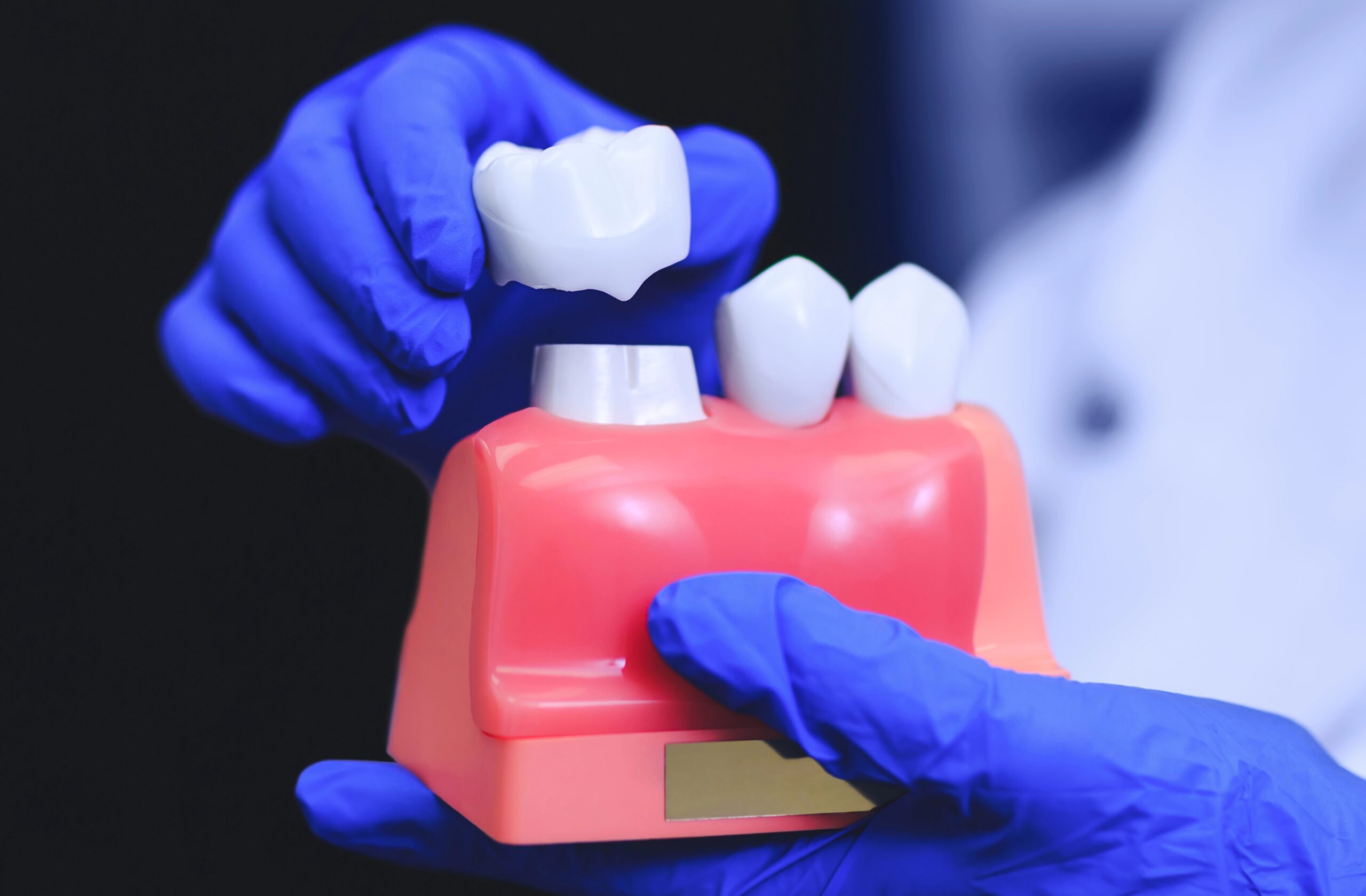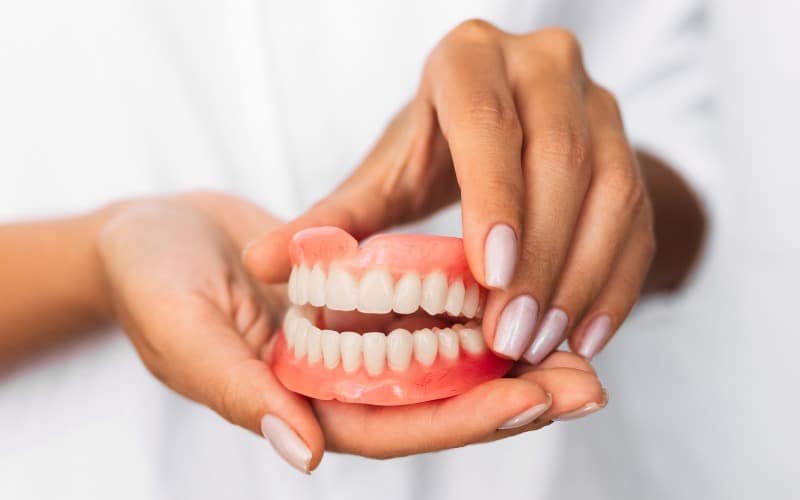
Understanding Dentures: A Comprehensive Guide to this Dental Service and Maintenance
- Posted on April 16, 2024
Dentures are artificial teeth and gums, tailored to fit patients' mouths. They're designed to replace lost or removed natural teeth, and they can be either full or partial. This means they can replace all teeth on either the top or bottom gum line, or just a few missing ones.
Understanding Dentures
What are Dentures?
In the area of dental healthcare, dentures play a pivotal role. They are essentially custom-made artificial teeth and gums, designed to replace your lost teeth fully or partially. The creation and fitting process is largely shared between dentists and denturists, and their combined skills ensure precision in crafting and successful denture placement.
Understanding dentures is crucial before you invest in tooth restoration or replacement. Dentures aren't just false teeth; they significantly contribute towards restoring your normal speaking and eating capabilities while aiding to retain the muscular function of your face and jaw.
Different Types of Dentures
While the term 'dentures' might bring a standard image to your mind, there's a whole variety to choose from. Each type serves a different purpose and is made using different materials.
- Full Dentures or Complete Dentures These dentures, as the name suggests, are opted for when you lose all of your teeth. Constructed using porcelain or acrylic teeth, these removable devices come in both upper and lower sets and are held together by an acrylic or metal base.
- Denture Implants: These are a more modern alternative to conventional dentures. Denture implants use the dental implant as an anchor, providing a foundation for the dentures. This robust support can serve single artificial tooth replacement or scaffold partial/full dentures that represent multiple false teeth.
- Removable Partial Dentures (RPD): These are tailor-made to replace some missing teeth. Comprising replacement teeth attached to a gum-coloured plastic base, these are a great option when only a few natural teeth need replacement.
Each denture type has their unique features, pros and cons. Considering your comfort, budget and oral health condition, your dentist or prosthodontist can advise the best kind for you.
Benefits of Dentures
Dentures don't just restore your missing teeth; they bring along a host of benefits. They aid in improving your facial appearance, preventing the sagging of facial muscles. Investing in dentures allows you to eat and speak normally, just as you would with natural teeth.
Maintaining dentures, though essential, isn't difficult. A combination of daily brushing, rinsing after every meal, and regular cleaning with a denture cleaner can keep them in top shape. Remember, maintaining good oral and denture health isn't merely about aesthetics; it's about keeping discomfort and oral health problems at bay.
Finally, remember irrespective of the denture type, taking proper care is a prerequisite for your oral health and maintaining the longevity of your dentures. Also, remember dentists or denturists are there to help you adjust your dentures as needed, to avoid any discomfort or health problems.
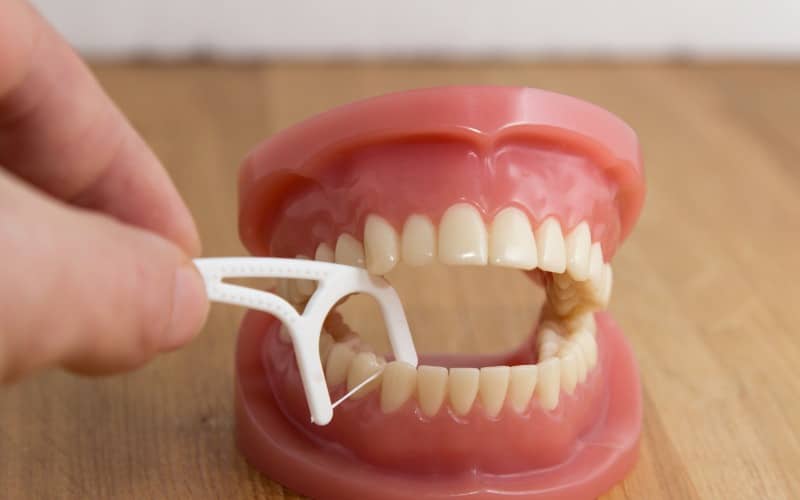
Getting Dentures
Dentures, a solution for missing teeth, serve varying purposes: improving your smile, letting you enjoy your favorite foods, or saving you from difficulty in pronouncing words. They can be a full or partial set, encompassing all or just a few missing teeth. They're custom-made to snugly fit your mouth and match with your existing teeth. But, dentures may require adjustments over time and aren't a one-time investment. It's essential you know what getting dentures entails.
Keep in mind, regardless of the types of dentures, they all need to be maintained with care, similar to real teeth. This implies protecting them from falling or any potential damage. The material used in dentures often wears off faster than real teeth, hence, you may need replacement sets every five years.
Initial Consultation
The path towards getting dentures starts with an initial consultation. Here, your oral health status is examined to prevent cavities and gum diseases. This examination helps to decide whether dentures are an appropriate solution for you. If you fall under the category needing dentures, the process as to what type will suit you i.e., conventional or immediate dentures, begins.
Understanding these options is crucial. Immediate dentures are pre-constructed and can be positioned as soon as teeth are removed. They save you from the trouble of being toothless during the healing period. But, conventional dentures are beneficial as they do not require numerous adjustments during the healing period. Remember, immediate dentures should only be a temporary option until you get conventional dentures.
Fitting Process
The fitting process of dentures involves multiple appointments for adjustments. It's crucial to notify your dentist in case of discomfort or fit issues, promptly. Note that D-I-Y adjustments or repairs should never be attempted as this may weaken the metal structure and cause permanent damage to your dentures.
If the dentures do not fit as they should, they can cause mouth irritation and gum sores. If a denture breaks, cracks, chips or if one of the teeth becomes loose, make sure to call your dentist. Though sometimes you'll get the adjustment or repair done the same day, more complicated issues may require your denture to be sent to a special lab.
Caring for Dentures
Just like your natural teeth, dentures require consistent and meticulous care to remain fresh and functional. Proper maintenance of dentures not only prolongs their lifespan but also maintains the health of your mouth.
Daily Maintenance
Truth be told, taking care of your dentures daily isn't much different than looking after your natural teeth. Handle your dentures with care as false teeth, like natural teeth, can easily chip or crack if dropped or mishandled. To protect them from potential damage, always stand over a folded towel or a full sink of water while handling them.
Practice frequent, gentle cleaning of your dentures. Brush them daily, but not with toothpaste. Toothpaste is abrasive, causing microscopic scratches over time where food and plaque can build up. Instead, use a brush with soft bristles that is specifically designed for cleaning dentures. With this regime, you can remove food, plaque and prevent permanent stains from setting onto your dentures.
Always rinse your dentures after every meal, making sure that no food remnants get lodged or remain. In between brushings, you can use hand soap, mild dishwashing liquid or a denture cleaner to keep them fresh, but avoid using bleach or other harsh chemicals that are potentially harmful.
Routine Check-ups
Regular visits to your dental professional not only ensure your dentures are in good shape, they also offer an opportunity to evaluate your overall oral health. Remember even with full dentures in place, oral health issues can still arise and regular professional cleanings are crucial.
Denture fit tends to change over time as well, which is a natural process that's part of the mouth's continuous change. Ill-fitting dentures can cause oral issues including sores and infections. But, never attempt to adjust or repair your dentures yourself. If you feel discomfort, notice changes in fitting or spot damage, seek immediate professional attention.

Enhancing Life with Dentures: Tips from Tooth Buds Dentistry in Orangeville
Maintaining your dentures is straightforward with the right routine, involving gentle handling, precise cleaning methods, and consistent dental check-ups. It's important to not only keep your dentures in top condition but also protect your overall oral wellness. Refrain from attempting home repairs and consult a professional for any concerns. At Tooth Buds Dentistry in Orangeville, we offer comprehensive denture services, ensuring your dentures receive the care they deserve. Adhering to a proper care routine and being proactive about your dental health will allow you to enjoy the full benefits and confidence that come with well-maintained dentures.

Dr. Prabhdeep Kaur, a General Dentist, has been enriching the field of dentistry with her expertise for over 13 years, having obtained her license in Canada in 2015. A holder of a BDS degree, Dr. Kaur’s proficiency spans a wide array of dental services, including General and Cosmetic Dentistry, Wisdom Teeth Extractions, Invisalign, and more. Her commitment to her craft is further evidenced by her memberships in prestigious organizations like the Ontario Dental Association, the Academy of General Dentistry, and the Royal College of Dental Surgeons of Ontario.
Renowned for her patient-focused approach, Dr. Kaur emphasizes the importance of listening and customizing treatments to meet individual needs, viewing dentistry not only as a science but also as an art form dedicated to enhancing and restoring smiles. Her dedication to ongoing education ensures she remains at the cutting edge of dental advancements.
Outside her professional life, Dr. Kaur enjoys family time, travel, and cinema, adding a relatable and approachable dimension to her persona. She is passionate about delivering professional and quality dental care, driven by her desire to connect with people and address their dental needs effectively.
Dr. Kaur’s journey in dentistry serves as an inspiration for aspiring dental professionals, advocating determination, motivation, and enjoyment in their work. Follow her journey and professional updates on Instagram @drprabh84, where she continues to inspire both her patients and peers in the dental community.

